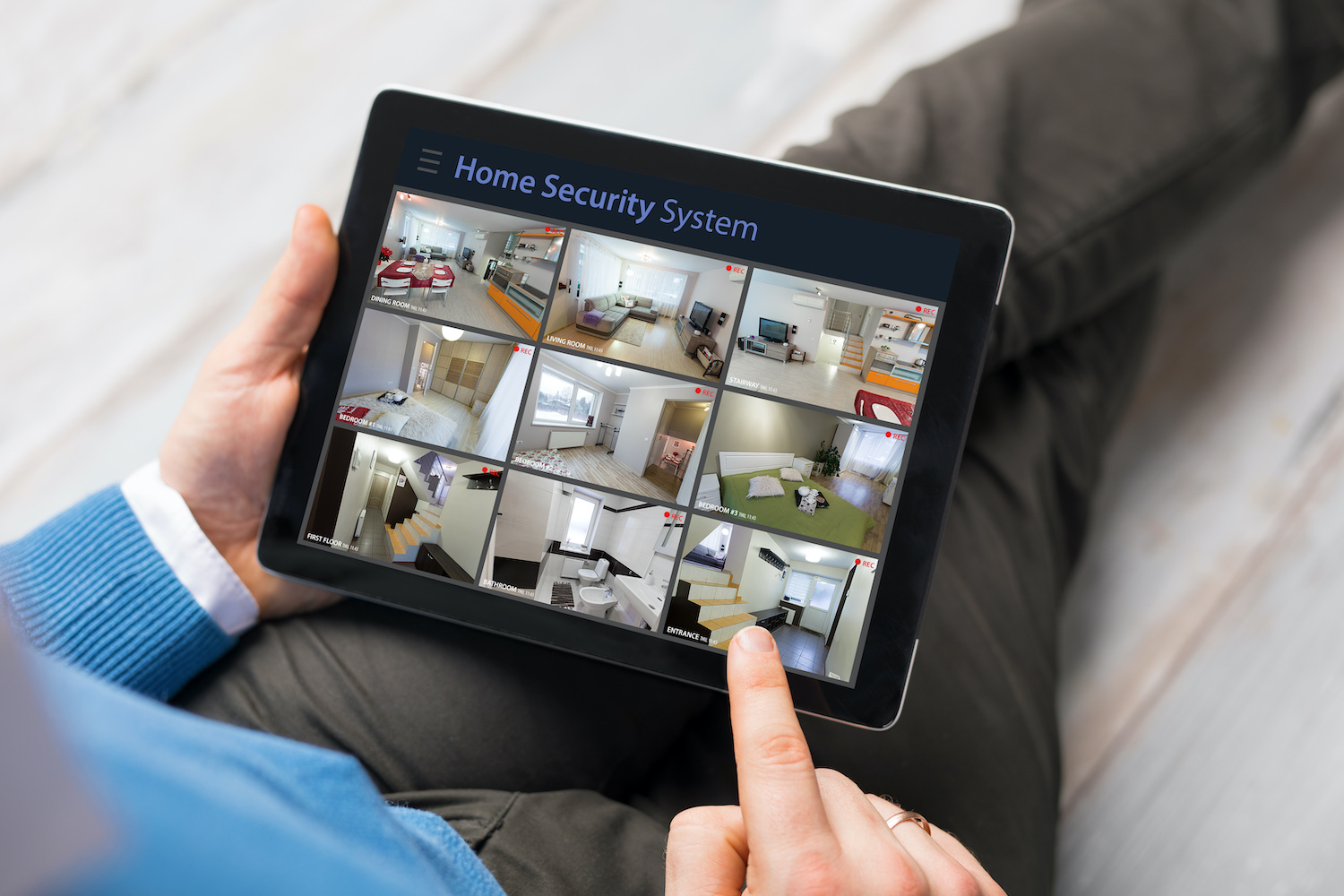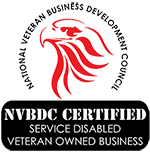
Fortify Your Sanctuary: A Comprehensive Guide to Protecting Yourself from Home Invasion
Your home should be a sanctuary—a place where you and your loved ones feel safe and secure. Unfortunately, the threat of home invasion is a reality that we must confront. By implementing proactive security measures and adopting a defensive mindset, you can significantly reduce the risk of a home invasion. In this comprehensive guide, we will explore practical strategies and effective tips to help you protect yourself, fortify your home, and gain peace of mind. Let’s delve into the world of home security and learn how to safeguard your most valuable asset—your safety.
Evaluating Your Home’s Vulnerabilities: Identifying Weak Points: Assessing Your Home’s Security
To effectively protect yourself from a home invasion, it is crucial to assess the vulnerabilities of your property. Conduct a thorough evaluation of your home, both from the inside and outside. Identify weak points such as broken windows, faulty locks, or poorly lit areas. Assess the visibility of your property from the street and ensure that your doors and windows are clearly visible to neighbors and passersby. By understanding your home’s vulnerabilities, you can take targeted steps to address them and enhance your overall security.
Strengthening Physical Security Measures: Bolstering Your Defenses: Enhancing Physical Security
Fortifying your home’s physical security is a fundamental step in protecting yourself from a home invasion. Start by investing in high-quality door and window locks that are resistant to picking and tampering. Consider installing security doors with reinforced frames and deadbolt locks. Reinforce windows with security film or laminated glass to make them more resistant to break-ins. Outdoor lighting, including motion-activated lights, can deter potential intruders by eliminating dark hiding spots. Additionally, secure your garage and any other entry points to your home, ensuring they are as resilient as your main entrances. Don’t ignore second story access points.
Creating a Security Mindset: Think Like a Defender: Adopting a Security Mindset
A crucial aspect of protecting yourself from a home invasion is adopting a security mindset. Stay vigilant and aware of your surroundings. Develop a routine that includes locking doors and windows before leaving your home or going to bed. Make it a habit to verify the identity of individuals before allowing them access to your home. Consider installing a peephole or video doorbell to see who is at your door without compromising your safety. By developing a security-conscious mindset, you can reduce the likelihood of a home invasion and maintain control over your personal space.
Enhancing Home Security Systems: Smart Solutions for Added Protection
In today’s technologically advanced world, home security systems offer advanced protection and peace of mind. Install a comprehensive home security system that includes burglar alarms, motion sensors, and surveillance cameras. Opt for a system that provides remote access, allowing you to monitor your home from anywhere using your smartphone or computer. Consider integrating smart home technology, which enables you to control and monitor your security system, lighting, and locks remotely. By leveraging the power of technology, you can enhance your home’s security and respond promptly to potential threats.
Cultivating Strong Community Connections: Community Watch: Collaborating for Safety
Building strong relationships with your neighbors is an effective way to protect yourself from a home invasion. Establish a neighborhood watch program or join an existing one in your community. Regularly communicate with your neighbors, sharing information about suspicious activities or concerns. Arrange for house checks when you are away, and reciprocate the favor for your neighbors. By looking out for one another, you create a united front against potential threats and deter criminals from targeting your neighborhood.
Practicing Personal Safety Measures: Empowering Yourself: Personal Safety Precautions
While securing your home is crucial, it is equally important to practice personal safety measures. Avoid displaying signs of wealth or expensive possessions that could attract potential intruders. Be cautious about sharing personal information online or in public settings, as this can make you a target for identity theft or home invasion. Trust your instincts and be aware of your surroundings when entering or exiting your home. Consider taking self-defense classes to gain the skills and confidence to protect yourself in a dangerous situation. By prioritizing personal safety, you contribute to a comprehensive defense against home invasion.
Implementing Home Invasion Response Strategies: Prepared for the Unexpected: Response Strategies for Home Invasion
Having a plan and knowing how to respond in the event of a home invasion is crucial for your safety. Establish a code word or phrase that signals danger and can be used to communicate with family members. If you believe your home is being invaded, prioritize your safety and the safety of your loved ones. Retreat to a safe room with a secure lock and a phone to call emergency services. Avoid confronting the intruders directly, as this can escalate the situation. Stay quiet and listen for updates from law enforcement. By having a plan in place, you can act swiftly and decisively in the face of a home invasion.
Engaging Professional Security Services: Partnering for Protection: Hiring Security Professionals
In some cases, engaging the services of professional security providers can offer an extra layer of protection. Private security firms can provide trained personnel to monitor your property, conduct patrols, or provide security consultations. Evaluate your specific needs and budget to determine the level of security services required. Conduct thorough research and select a reputable and reliable security provider that aligns with your security goals and priorities. By partnering with security professionals, you enhance your home’s protection and gain peace of mind.
Maintaining Vigilance and Adaptability: A Continuous Journey: Sustaining Home Security
Home security is not a one-time endeavor; it requires ongoing vigilance and adaptability. Regularly evaluate and update your security measures to address evolving risks and emerging technologies. Stay informed about local crime trends and share relevant information with your neighbors and community. Encourage open communication and education regarding home security, fostering a culture of shared responsibility. By maintaining a proactive and adaptable approach to home security, you can effectively protect yourself from home invasion and create a secure living environment.
Protecting yourself from the threat of home invasion requires a multifaceted approach that encompasses physical security, personal safety measures, community engagement, and the effective use of technology. By implementing the strategies outlined in this comprehensive guide, you can fortify your home, enhance your personal safety, and gain peace of mind. Remember, home security is a continuous journey that requires ongoing evaluation and adaptation. By prioritizing your safety and taking proactive steps to protect yourself, you can create a secure environment that allows you and your loved ones to thrive.



